10 Must – Visit Historical Spain Landmarks
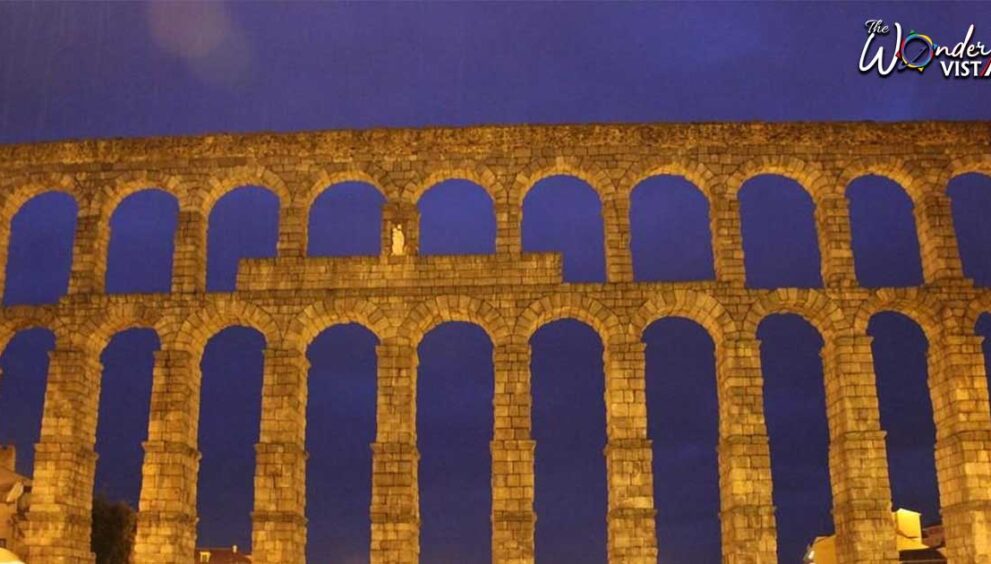
Spain, a land known for its rich history and culture is home to many iconic historical wonders. These places tell tales of the country’s heritage and attract thousands of visitors from all around the world. This blog lists down the top 10 Spain landmarks landmarks that are not only historical but also promise a fascinating experience for anyone curious about Spain’s story.
Table of Contents
List of the 10 Best Spain Landmarks
Sagrada Familia, Barcelona
Barcelona, already a visually stunning city, has the beautiful Sagrada Familia church, a masterpiece by Antoni Gaud. Although, despite being only half-built, this cathedral is a true testament to what you call architectural brilliance. Visitors can tour the ongoing construction, to get a unique perspective from both within and outside, and even climb the spires to get a breathtaking view of Barcelona.
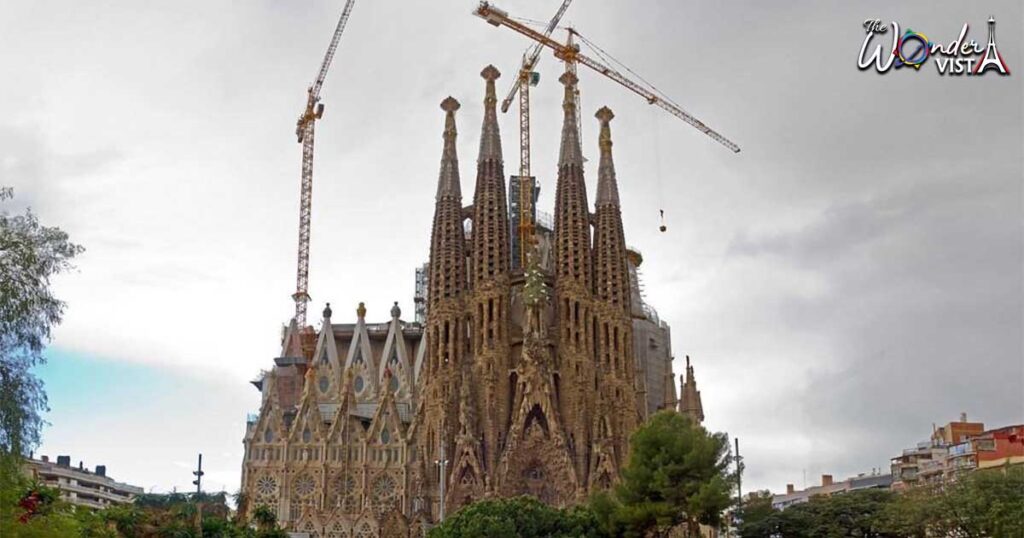
The Aqueduct, Segovia
Built back in the first century, the Segovia Aqueduct is globally recognized as one of the best-preserved Roman aqueducts. Stretching about nine miles with 167 arches, it stands as an impressive example of ancient engineering. Segovia, with its aqueduct, cathedral, and fairy-tale-like castle, is an ideal day trip for Madrid.
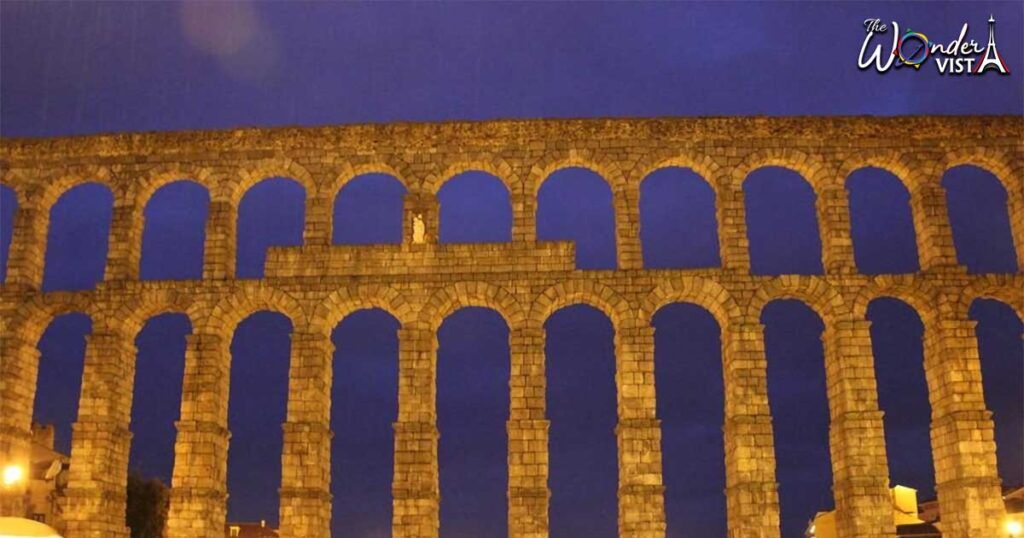
El Tajo Gorge, Ronda
Ronda, one of Spain’s oldest towns, features a stunning gorge that dates back to the 9th century BC. The picturesque town offers breathtaking views from every angle, making it a perfect destination for those budding photographers. Walking across the Puente Nuevo bridge allows visitors to explore the valley and experience local culture.
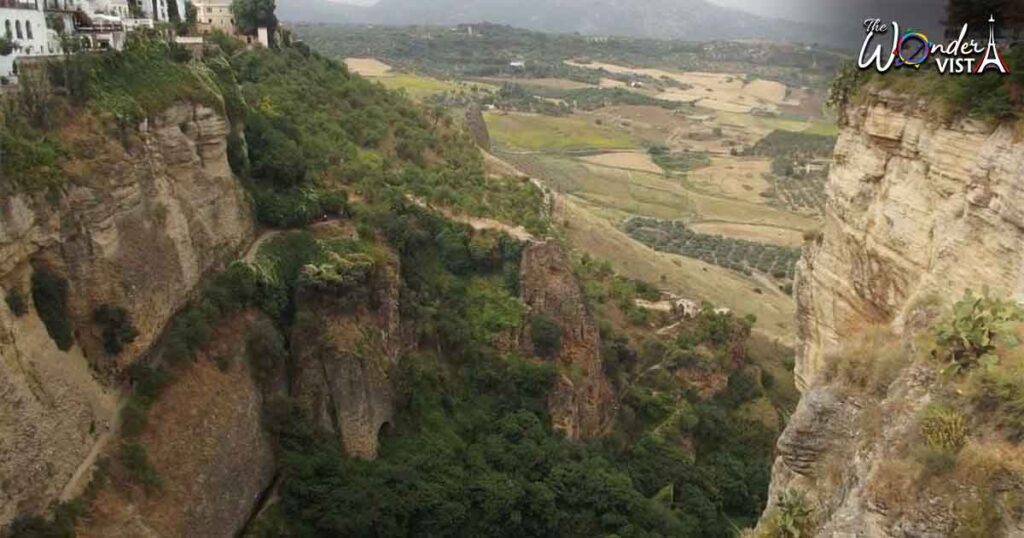
The Alhambra, Granada
Constructed in 1292, the Alhambra is a palace showcasing Moorish architecture and later Christian influences. Perched on a hill near Granada, it provides not only a historical journey but also some spectacular views of the city and its surroundings. The four courtyards, including the Court of Lions, the Court of Myrtles, and the Alhambra Museum help you get a deeper understanding of Nasrid art and archaeology.
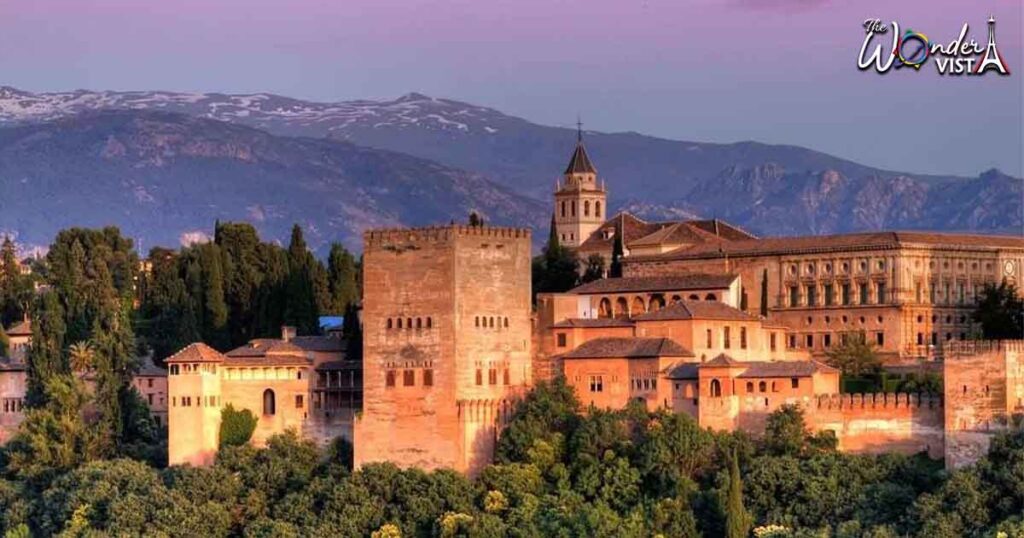
Seville Cathedral
As the second-largest cathedral globally, Seville Cathedral is a Gothic masterpiece and a UNESCO World Heritage site. What’s special about this place is that it is known to be the resting place of Christopher Columbus which is what ideally adds to its historical significance. The monument vastly attracts tourists eager to explore the impressive interior and pay homage to the renowned explorer.
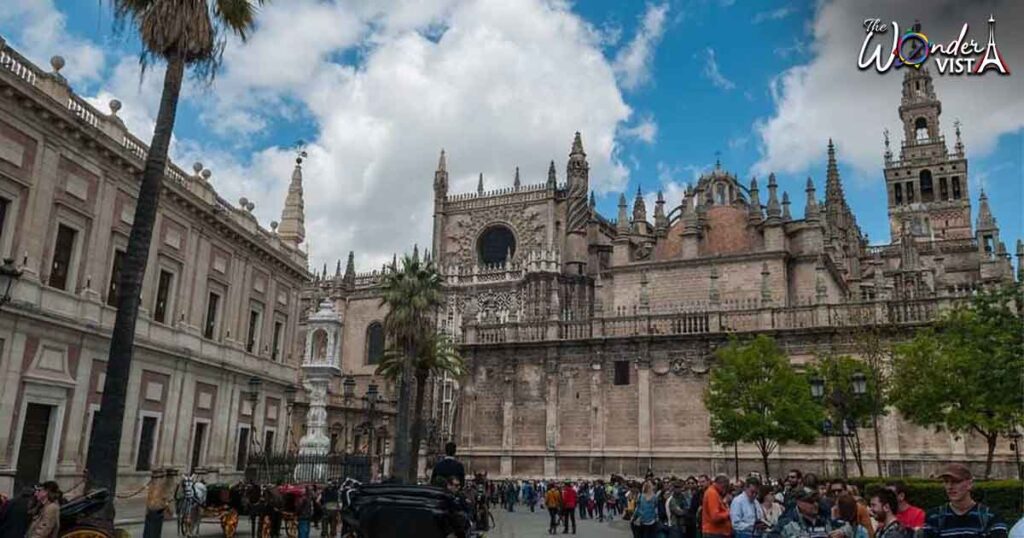
El Escorial
Built to commemorate Spain’s victory over France, El Escorial is a grand palace which was designed by Juan Bautista de Toledo between 1563 to 1567. Serving as the King’s residence and the empire’s center, the basilica within the complex features stunning artworks and statues made of white Carrara marble.
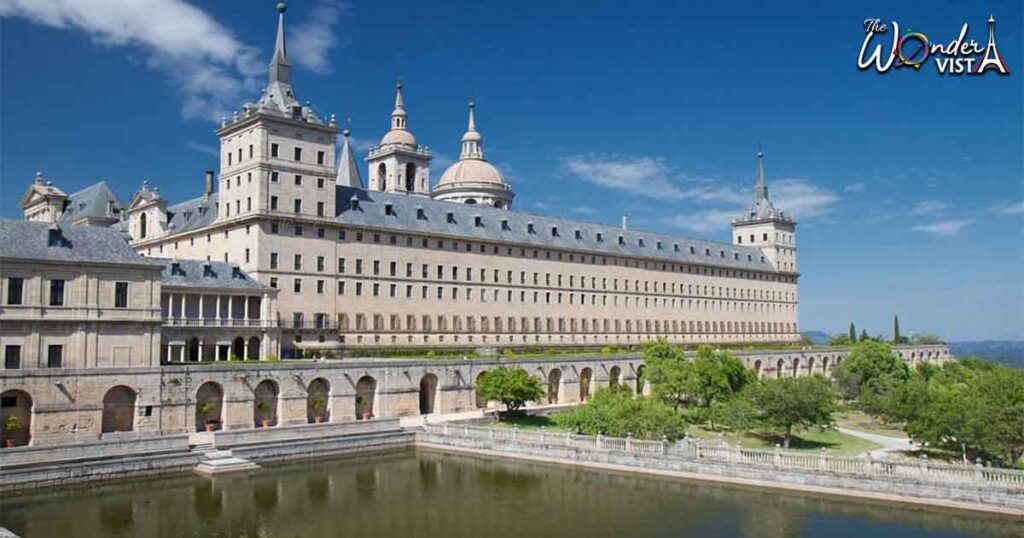
Toledo Sephardic Museum
Dedicated to Toledo’s Jewish heritage, this unique museum covers history, culture, and contemporary issues. Built in a 14th-century synagogue, it narrates the long history of the Jewish people in Spain, offering insights into their experiences from Roman times to the 15th-century expulsion.
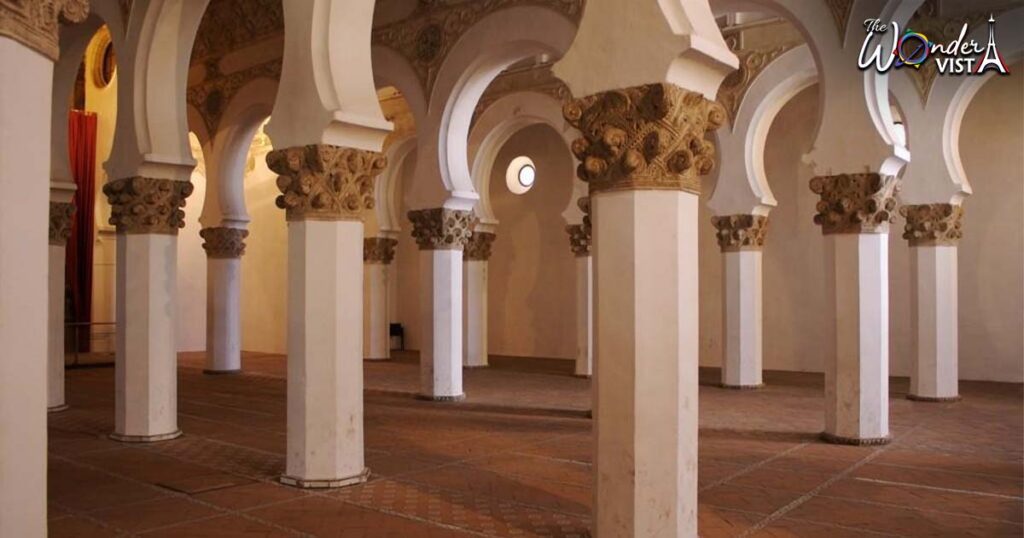
Montserrat Monastery
Situated in the Catalonia region of Spain, Montserrat Monastery is a popular religious site offering gorgeous rural landscape views. Founded in the 11th century, the monastery holds a rich historical significance and serves as the perfect spot for visitors who are in for an exclusive mountain retreat.
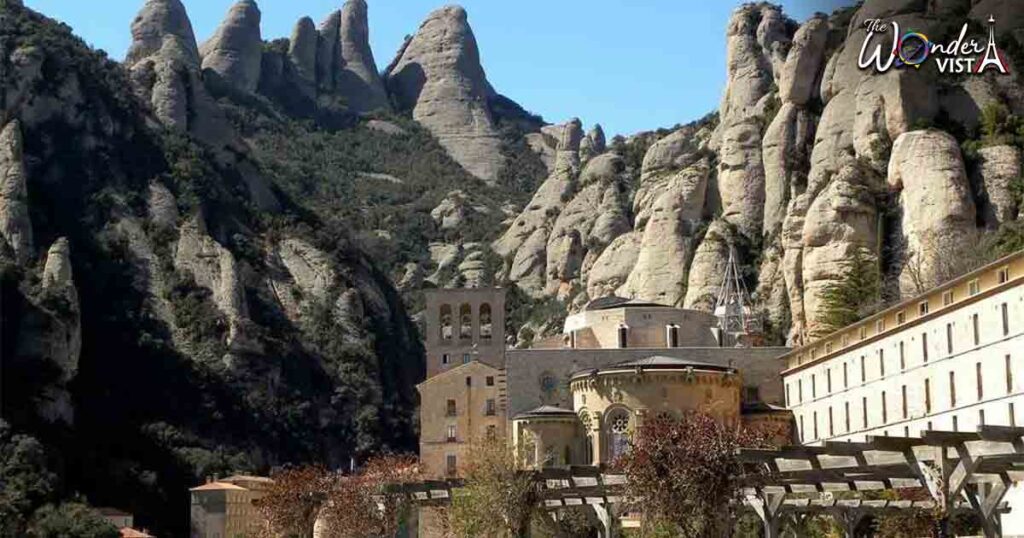
Cuenca
Situated between Madrid and Valencia, Cuenca is a medieval gem built into the steep sides of a mountain. Its hanging houses along the cliff edge exemplify the architectural treasures of Castilla La Mancha province.
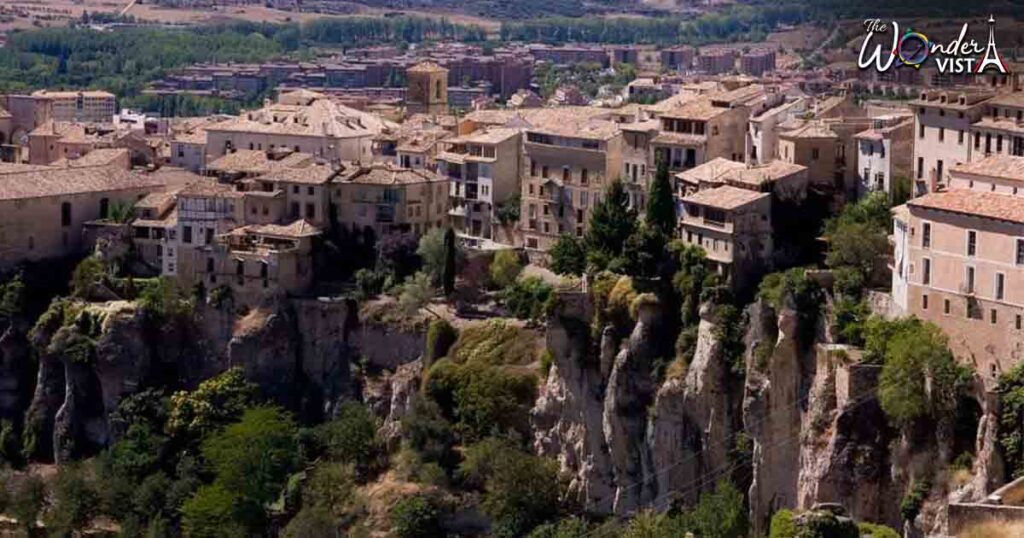
Mezquita of Cordoba
Originally a Roman temple, later a Visigothic church, and eventually transformed into a mosque, the Mezquita of Cordoba is a fascinating blend of architectural styles. During the Spanish Reconquista, it was converted into a cathedral, reflecting centuries of historical evolution.
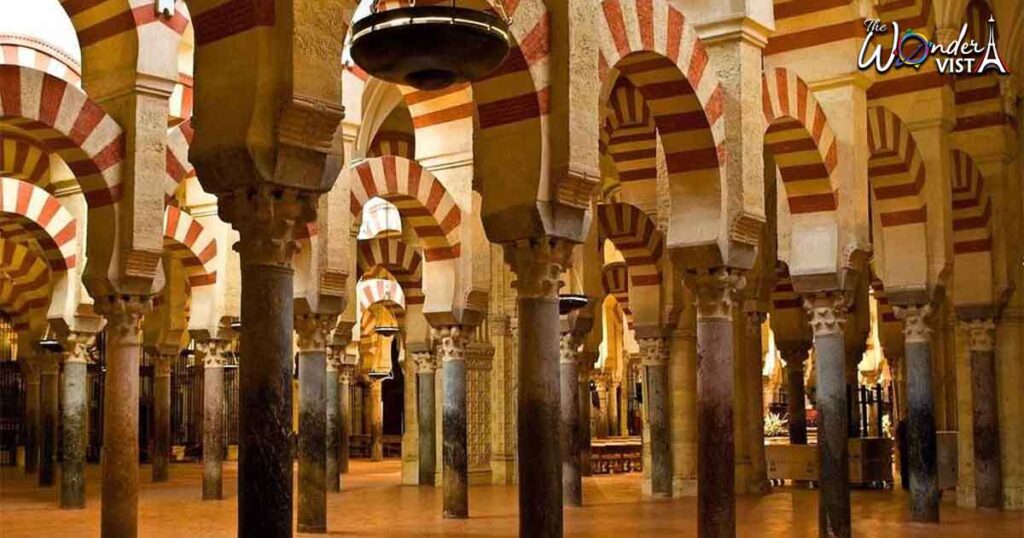
Takeaway
Taking a dive into Spain’s history and culture through these landmarks offers a beautiful and enriching travel experience. Don’t miss the opportunity to explore these historical landmarks in Spain, as they provide a unique perspective on the cities they grace.
Also Read : Explore Spain’s Splendor: The 15 Best Cities to Visit in 2024
Frequently Asked Questions (FAQs) :
Q. What is the most historical place in Spain?
A. Mezquita, Cordoba is one of the most historical places in Spain.
Q. What is the most famous landmark in Spain?
A. The Alhambra is the most famous landmark in Spain.
Q. What is the oldest historical site in Spain?
A. Yacimientos de Atapuerca which is around 1.2 million old is the oldest historical site in Spain.
Q. How many historical sites does Spain have?
A. Spain has a total of 45 historical sites.
Q. What is Spain famous for historically?
A. Spain is known as the powerhouse of Europe,


